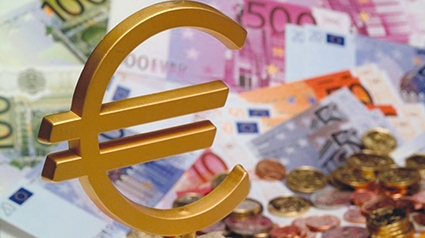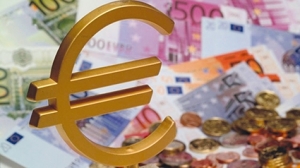How the New EU Budget 2021-2027 Will Affect the EU Neighborhood Policy
The European Union has announced its next budget, a seven-year plan which will cover spending from 2021–2027, officially known as the Multi-annual Financial Framework (MFF). Negotiations on the MFF are expected to begin in September with the new EU political season. European Parliamentarians and EU member states are expected to approve a budget this fall.
A major component of the EU’s global outreach is the EU Neighborhood Policy. Southern neighbors are Middle Eastern and North African countries – Morocco, Algeria, Tunisia, Libya, Egypt, Israel, Palestine, Lebanon, Jordan, and Syria. Eastern neighbors are Belarus, Ukraine, Moldova, Armenia, Azerbaijan, and Georgia. The European Neighborhood Policy was launched in 2004 to promote peace, stability and economic prosperity throughout the region. Neighborhood initiatives are focused on supporting political and economic reforms in included countries. The 2014-2020 budget allocated €15.4 billion for activities in the Neighborhood, including an estimated €741 - €906 million specifically for the Regional East program.
The proposed 2021-2027 budget does not indicate significant changes in the Neighborhood Policy regarding pace or scale. A new financing mechanism would, however, streamline all funding for external projects, creating a unified financial instrument for Neighborhood, Development and Internal Cooperation (NDICI).
There are seven main spending categories in the MFF, one of which is the external action budget, proposed at €123 billion. Of that, €22 billion is allocated for Neighborhood Policy countries, but lawmakers have not yet determined how much will go to the Southern vs Eastern neighborhoods, nor individual countries.
The relationship between the EU and Georgia has grown closer in light of the Association Agreement and Deep and Comprehensive Free Trade Area (AA/DCFTA), which lay the foundation for “far-reaching political and economic integration with the EU” according to the EU Neighborhood website. Over 30% of Georgia’s volume of trade is with the EU, making it Georgia’s primary trading partner. The EU is the biggest donor in Georgia, providing over €100 million of support per year, and takes a results-focused approach.
The EU Neighborhood Policy has supported many projects in Georgia aimed at implementing European-friendly political and economic reforms in areas such as economic development and developing market opportunities, strengthening institutions and good governance, connectivity, energy efficiency, environment and climate change, and mobility and people-to- people contacts. Some of the larger projects funded in the current budget cycle include Mayors for Economic Growth (€14.5 million), Support to the European Endowment for Democracy (€12 million), and large-scale multi-country initiatives such as EU4Business, EU4Energy, and the European Union Water Initiative Plus for the Eastern Partnership.
In an interview with OPEN Media Hub, an EU program, senior fellow at the economic think-tank Bruegel, Zsolt Darvas, said, “Very little will change in the external action part of the next MFF. The goals and the scope of the EU programs regarding the neighborhood policy will remain the same...this growth will not allow for a significant change in the EU policy towards its closest neighbors.”
Bruegel looked at the proposed budget and, calculating for forecasted inflation, estimates no more than a 12-13% increase in real prices in the 2021-2027 budget.
By Samantha Guthrie











